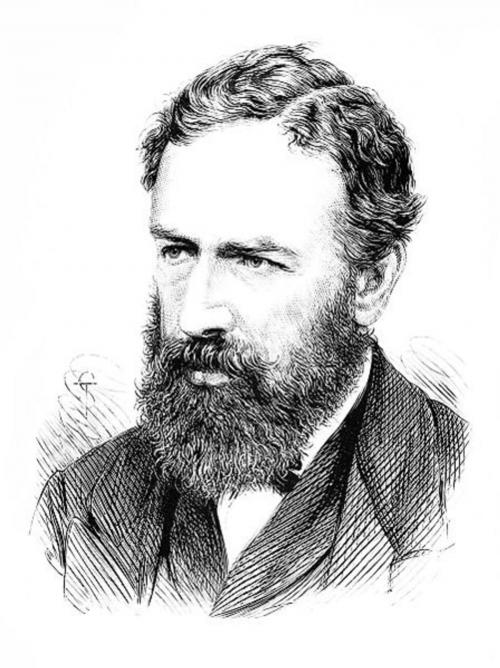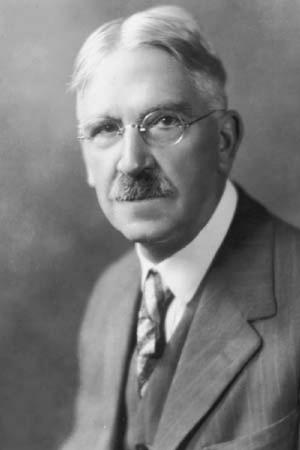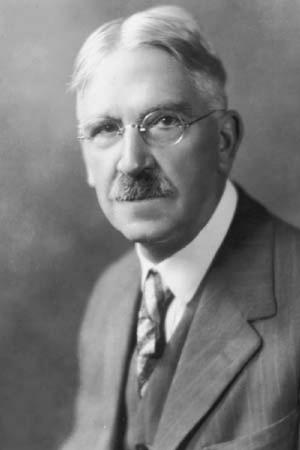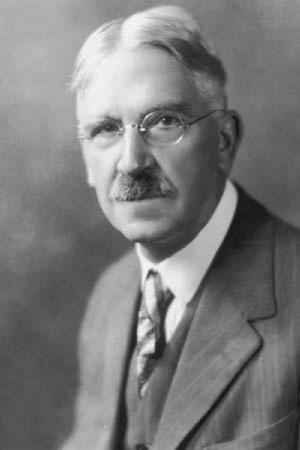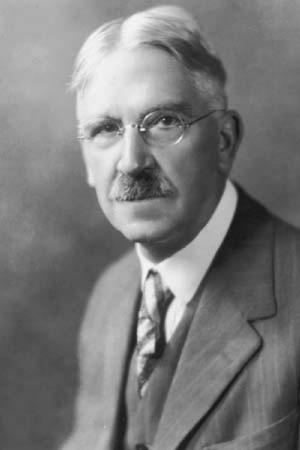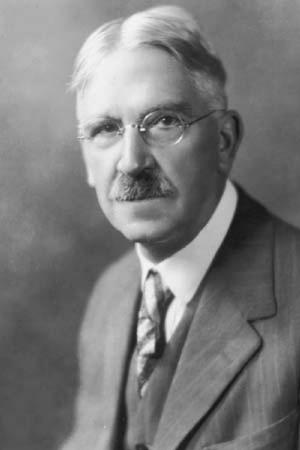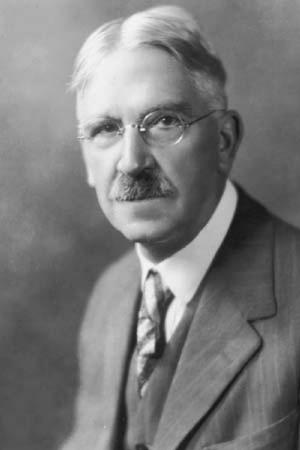William Jevons and John Mill on Logic and Principles of Science (Illustrated)
Business & Finance, Economics, Macroeconomics| Author: | William Jevons, John Mill | ISBN: | 1230001439250 |
| Publisher: | Timeless Books | Publication: | November 22, 2016 |
| Imprint: | Language: | English |
| Author: | William Jevons, John Mill |
| ISBN: | 1230001439250 |
| Publisher: | Timeless Books |
| Publication: | November 22, 2016 |
| Imprint: | |
| Language: | English |
William S. Jevons and John S. Mill were two of the brightest philosopher, logician, mathematician and scientist in the world.
The book is a classic collection of the important and related works by the two brightest and greatest scientific minds. It has an active table of contents for readers to easy access of each chapter of the following titles:
1. THE PRINCIPLES OF SCIENCE - WILLIAM S. JEVONS
2. A SYSTEM OF LOGIC – JOHN S. MILL
William Jevons invented the logic piano and a mechanical computer that was a pioneer work for modern computer. His important contribution to logic and scientific methods is his masterwork The Principles of Science in 1874. In the book of The Principles of Science, Jevons gave a powerful explanation and discussion of familiar scientific topics that were argued by almost every known Western natural philosopher. He asserted his logic framework as "Doubtless there is in nature some invariably acting mechanism, such that from some fixed conditions an invariable result always emerges. But we, with our finite minds and short experience, can never penetrate the mystery of these existences .... . We are in the position of spectators who witness the production of a complicated machine, but are not allowed to examine its structure. We learn what does happen and what does appear, but if we ask for the reason, the answer would involve an infinite depth of mystery."
In The Principles of Science, Jevons also declared that induction is simply an inverse employment of deduction, developed the general theory of probability, and explained the relation between probability and induction. Using his knowledge of the various natural sciences, he worked out throughout the book to put together the abstract character of logical doctrine with concrete scientific illustrations in great detail.
John Stuart Mill made essential contributions to logic and political economy. He has been called "the most influential English-speaking philosopher of the nineteenth century".
The work, A SYSTEM OF LOGIC by John Mill, is one of the most widely read of all books on Logic in the world as the works of Logic and Science by William Jevons and Charles Peirce. A SYSTEM OF LOGIC once dominated logic thinking and it was the standard text in Oxford University.
The work of A SYSTEM OF LOGIC by Mill is to expound a psychological system of logic within empiricist principles. Mill proposed the five principles of inductive reasoning that are known as Mill's methods today. His work is important to the history of science as it is the foundation that John Mill would use to justify his moral, political and economic philosophies.
The intellectual influence by William Jevons and John Mill has been felt in nearly every field of the humanities and sciences. This book is one of the most important ones about the deepest thoughts of logic and scientific framework by William Jevons and John Mill, two of the greatest thinkers of science and logic on the planet.
William S. Jevons and John S. Mill were two of the brightest philosopher, logician, mathematician and scientist in the world.
The book is a classic collection of the important and related works by the two brightest and greatest scientific minds. It has an active table of contents for readers to easy access of each chapter of the following titles:
1. THE PRINCIPLES OF SCIENCE - WILLIAM S. JEVONS
2. A SYSTEM OF LOGIC – JOHN S. MILL
William Jevons invented the logic piano and a mechanical computer that was a pioneer work for modern computer. His important contribution to logic and scientific methods is his masterwork The Principles of Science in 1874. In the book of The Principles of Science, Jevons gave a powerful explanation and discussion of familiar scientific topics that were argued by almost every known Western natural philosopher. He asserted his logic framework as "Doubtless there is in nature some invariably acting mechanism, such that from some fixed conditions an invariable result always emerges. But we, with our finite minds and short experience, can never penetrate the mystery of these existences .... . We are in the position of spectators who witness the production of a complicated machine, but are not allowed to examine its structure. We learn what does happen and what does appear, but if we ask for the reason, the answer would involve an infinite depth of mystery."
In The Principles of Science, Jevons also declared that induction is simply an inverse employment of deduction, developed the general theory of probability, and explained the relation between probability and induction. Using his knowledge of the various natural sciences, he worked out throughout the book to put together the abstract character of logical doctrine with concrete scientific illustrations in great detail.
John Stuart Mill made essential contributions to logic and political economy. He has been called "the most influential English-speaking philosopher of the nineteenth century".
The work, A SYSTEM OF LOGIC by John Mill, is one of the most widely read of all books on Logic in the world as the works of Logic and Science by William Jevons and Charles Peirce. A SYSTEM OF LOGIC once dominated logic thinking and it was the standard text in Oxford University.
The work of A SYSTEM OF LOGIC by Mill is to expound a psychological system of logic within empiricist principles. Mill proposed the five principles of inductive reasoning that are known as Mill's methods today. His work is important to the history of science as it is the foundation that John Mill would use to justify his moral, political and economic philosophies.
The intellectual influence by William Jevons and John Mill has been felt in nearly every field of the humanities and sciences. This book is one of the most important ones about the deepest thoughts of logic and scientific framework by William Jevons and John Mill, two of the greatest thinkers of science and logic on the planet.
